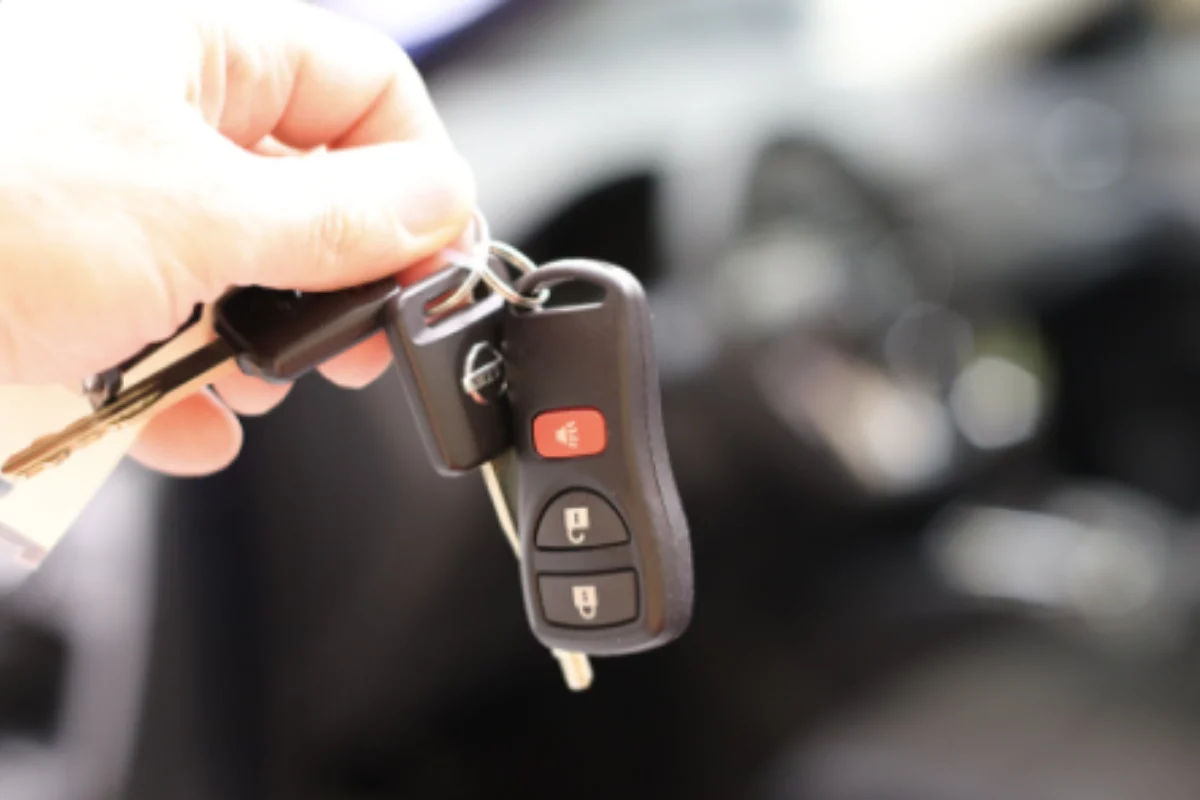
When buying a used car, you want to get the best deal you can. To do that, there are several steps which you should take throughout the whole process, which could save you money.
Do your research
This is possibly the most important tip with any aspect of buying a used car. Doing as much research as possible will benefit you throughout the process of buying a used car.
The first area to research is the types of seller options available. Searching through private sellers, national organisations, local independent garages and of course online listings, will give you as much information as possible to know what kind of cars and prices are available to you.
There are pros and cons of each seller options, and everyone’s experience will be different. However, it is always a good idea to ask people you know if they have any recommendations based on their previous experience. You may find that someone will be able to tell you about some excellent service they had at a local garage.
It’s also worth looking outside of your local area to see if prices change. If you are based in a large city, such as Edinburgh, it can be worth looking for used cars sales Aberdeenshire rather than in the city centre.
By looking at all the options available to you, it will put you in a stronger position to know which cars you want to pursue with a test drive and, can not only save you time but also put you in a better position when it comes to negotiations.
Know what issues to look for
When you decide on a make and model of car you’re interested in buying, you need to know what problems have been reported with the car. This will not only benefit you in that you could discover a serious issue which changes your mind about pursuing the car, but it also puts you in a stronger position when testing the car.
Unless you buy a car from a dedicated dealership specialising in one manufacturer, such as an official VW or Ford garage, by researching the car in detail, you may discover issues which the seller isn’t aware of.
If you find a car you like the look of online, look into customer satisfaction reports along with researching common mechanical issues and faults. By doing this, you may become aware of potential problems which would not be initially visible when just looking over the car. By doing this, it puts you in a stronger position when negotiating on price, which could end up bringing the price down.
Be reasonable with sellers
When buying a used car, it’s common and expected you will try and negotiate the price down. Some sellers, such as official manufacturer garages selling used models of their cars, may refuse to negotiate. As they have garages all over the country and will always be checking their prices against competitors you may be told, this is the lowest price, and there is no option to negotiate. If this is the case, it’ll down to you to decide how much you want to buy the car at that price.
In situations where negation is possible, it’s important to remember not to be too forceful. As with any business dealings, the seller is a human as well and treating them with respect is vital. Being reasonable with your negotiations is also essential, simply offering significantly lower than the asking price is never going to get you anywhere.
Each seller will have a number that is their absolute lowest, while they will never tell you this exact number it should be your job to get down as close to it as you can. By being polite and understanding of their position, this can be a good way of helping negotiations. Being friendly with the seller is never a bad thing, and they’re more likely to give you a better deal if they like you. However, having your research to back you up is vital, and this is why it’s so important to know the market and prices of similar cars before you start negotiating.
Don’t be afraid to walk away
No matter how much you like a car, you should always be prepared to walk away. Furthermore, you should never buy a car after the first test drive or on the first viewing. By walking away, it shows the seller you have other options, and you’re not totally in love with the car, even if you are. Most sellers will want to keep in contact with you after a first viewing. You can often gauge their desire to sell the car based on how much they contact you. Again, this will help your negotiation position.
Finance or cash
The final point to be aware of is the difference in buying the car on finance in comparison to paying cash upfront. If you are buying from a manufacturer garage, they may offer finance options.
While this may seem like a good deal as you will have ‘lower’ monthly payments, you could end up paying significantly more than the asking price. If you can afford to do so, paying cash upfront can often save you money on the total cost of the car.
This is a collaborative post.
